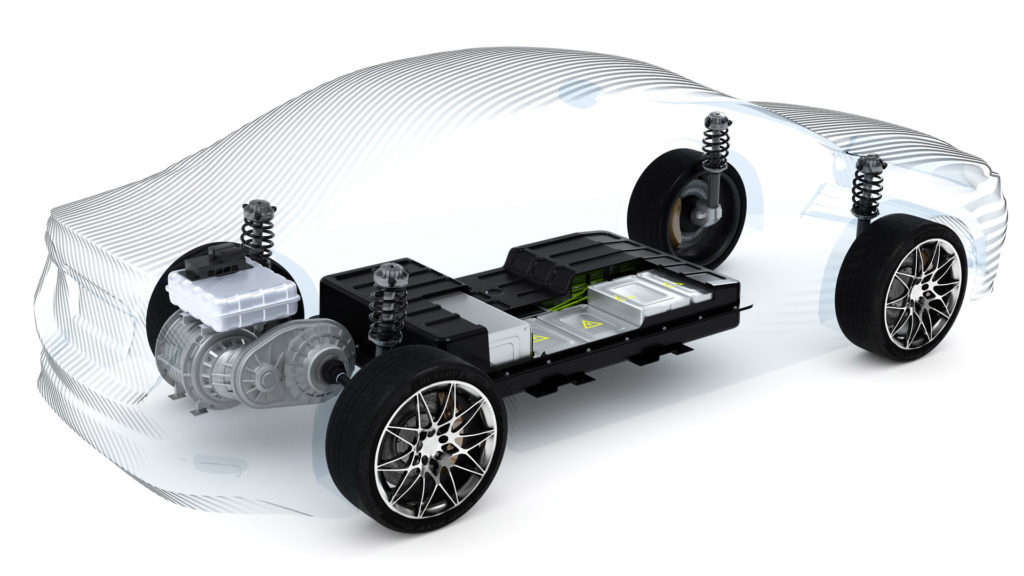The rising cost of raw materials for electric vehicle batteries could push up battery pack prices in 2022, according to a new report by BloombergNEF.
While the report found that battery-pack prices dropped by 6% in 2021 to $132 per kilowatt-hour, its authors warned that this could rise to $135 per kilowatt-hour in 2022.
One reason behind the price increase is the rising cost of key materials such as lithium and electrolytes, according to Kwasi Ampofo, head of metals and mining at BloombergNEF.
“Prices for lithium have risen substantially this year as a result of constraints within global supply chains, rising demand in China and Europe and the recent production curbs in China,” he said.
James Frith, BloombergNEF’s head of energy storage research and lead author of the report, said that the rising material costs will create a “tough environment” for car makers.
“Automakers may now have to make a choice between reducing their margins or passing costs on, at the risk of putting consumers off purchasing an EV,” he added.
However, the report suggests that high supply chain costs will not have a long-term impact on the price of battery packs, predicting that average battery pack prices will reach $100 per kilowatt-hour within the next two to four years, when last year this was predicted for 2023.
Cheaper battery packs are essential to manufacturing electric vehicles at mass-market prices, with Renault and Ford both aiming to produce battery packs priced at $80 per kilowatt-hour by 2030. New technologies such as silicon and lithium metal anodes could help reduce costs over the next decade.
BloombergNEF’s report also found that lithium-ion battery pack prices have fallen 89% since 2010, when battery pack prices were above $1,200 per kilowatt-hour. In 2021, battery packs were cheapest in China, priced at $111 per kilowatt-hour.
